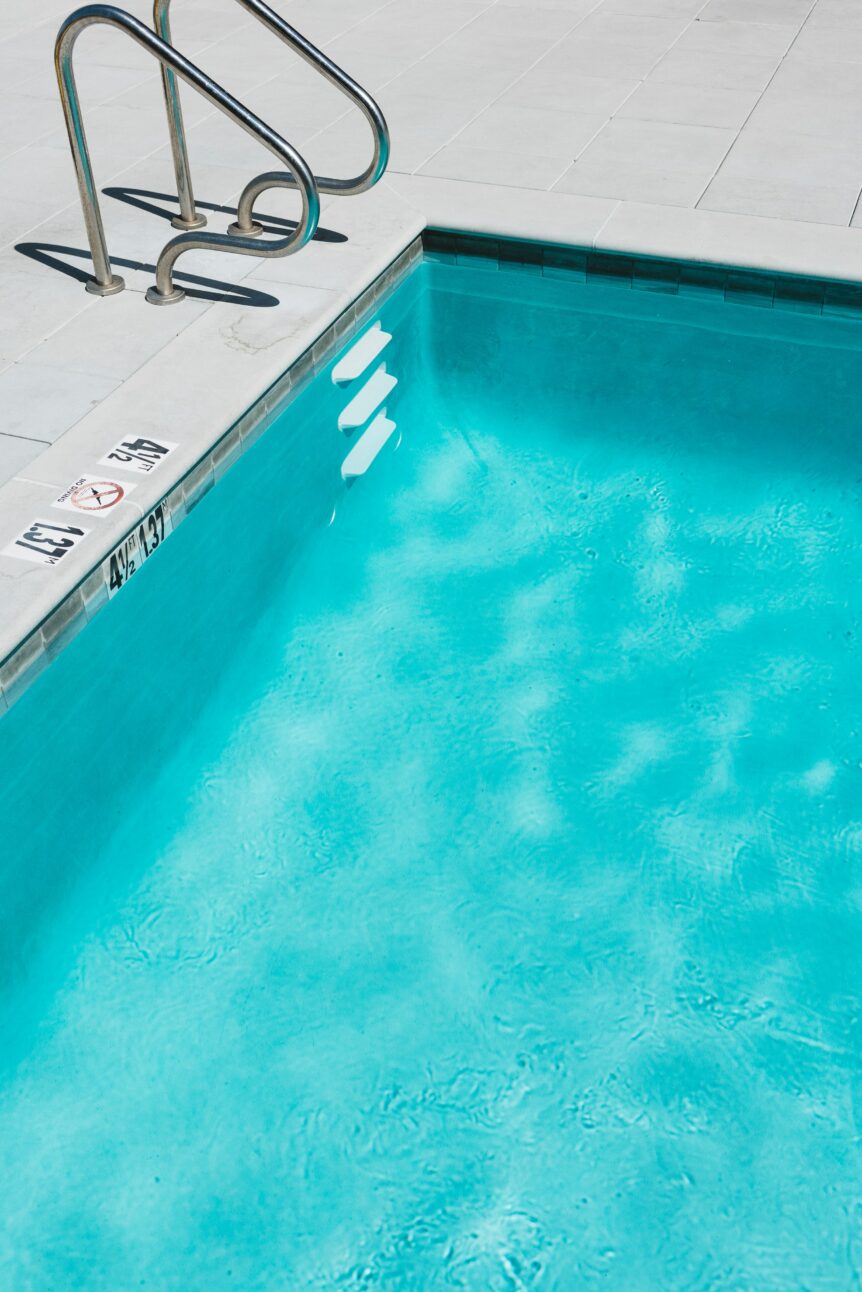As the weather (finally) warms up, many Massachusetts residents look forward to enjoying their backyard pools. While pools offer a great way to cool off and entertain, they also come with significant responsibilities, particularly regarding safety and insurance. Understanding the regulations and best practices for pool safety and insurance can help ensure a safe and enjoyable swimming season for everyone.
Massachusetts has specific laws aimed at ensuring the safety of pool users, especially children. These regulations cover a range of safety measures, from fencing requirements to the proper use of pool covers and alarms. In this article, we are going to dive (pun intended) into the ins and outs of pool safety and Massachusetts regulations regarding swimming pools.
Massachusetts Law For Swimming Pools
In Massachusetts, whether you own a pool as an individual, corporation, club, or association, or manage a pool that is open or semi-open to the public, you are responsible for knowing and abiding by the regulations and laws regarding pool safety.
Finding laws or regulations that govern safety issues for pools in Massachusetts can be difficult. The Commonwealth of Massachusetts adopted the 2009 International Building Code, which governs swimming pool enclosures and security devices. Here are several codes and regulations often overlooked by pool owners.
Massachusetts Codes and Regulations for Swimming Pools
Massachusetts law states that residential pool owners must have a barrier surrounding their pool. The barrier should not have openings in it that would allow the passage of a 4-inch diameter sphere. The pool should also have self-latching gates. In addition, the barrier or fence shall meet the following requirements:
(a) A chain link fence at least 6 feet in height; or
(b) A board or stockade fence exactly 5 feet in height; or
(c) A combination of an approved fence (a or b above) and a structure (such as a building) that is at least 5 feet in height.
Massachusetts has its rules for public and semi-public swimming pools such as those found in apartment complexes, country clubs, schools, etc. Chapter 140, Section 206, of the state’s General Laws calls for a 6-foot tall fence to enclose the pool, and that gates be self-latching with latches four feet from the ground. A life ring and a rescue hook must be present in any pool location. Outdoor pools must be drained and covered within seven days of closing.
Public and semi-public in-ground swimming pools must be inspected annually by the city’s building inspector. The owner of a pool that is found to be violating the rules set forth by the state can be fined up to a thousand dollars per violation.
Massachusetts Swimming Pool Liability
Failing to comply with pool regulations could leave individuals or companies who own them responsible if an accident occurs, not to mention facing some hefty fines. The Trial Court also advises that pool owners check with their specific cities for local laws about swimming pool responsibilities to ensure that they’re in compliance with those.
Pool incidents happen in an instant. Don’t wait until there is an accident on or near your pool property to find out what your responsibilities are. Know the laws and regulations and review your safety procedures to make sure you’ve done all you can to prevent a serious situation.
Massachusetts Insurance Requirements for Pool Owners
While owning a pool can be a tremendous pleasure for many homeowners, pool ownership not only increases the risk of accidents but also impacts homeowners’ insurance. In Massachusetts, pool owners must adhere to specific insurance requirements to protect themselves and others.
- Liability Coverage: Homeowners with pools are generally required to have increased liability coverage. This coverage protects the homeowner if someone is injured in or around the pool.
- Umbrella Policies: Many pool owners opt for an umbrella insurance policy, which provides additional liability coverage beyond the standard homeowners’ policy. This extra layer of protection can be crucial in the event of a serious accident. Learn more about Umbrella Policies here.
- Property Coverage: Pools are considered part of the home’s property, and damages to the pool itself may be included in homeowners’ insurance. However, it’s important to review the specifics of your policy to understand the extent of coverage.
- Safety Compliance: Insurance companies can require proof that the pool complies with all local safety regulations. This is an important step and failing to adhere to safety laws can result in denied claims or increased premiums.
Providing Peace of Mind Through Proactive Service
Deland, Gibson: a Trusted Choice, Five Star Accredited independent insurance agency. Established in Massachusetts in 1900, Deland, Gibson is a 4th generation family-run insurance agency that has thrived working as a trusted advisor for its client base. We work with individuals and businesses to lower their Total Cost of Risk. We analyze a client’s direct and indirect costs and implement risk reduction plans to address areas of business, hazard, or strategic risk.



